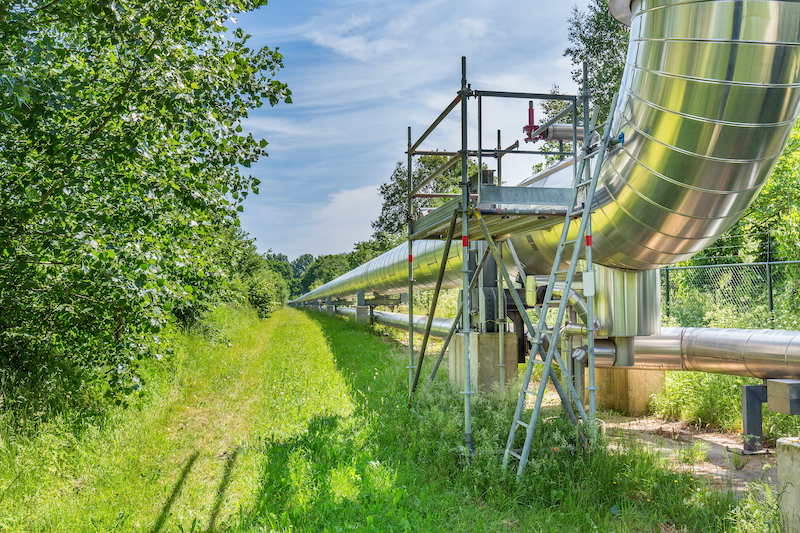February 2023, Vol. 250, No. 2
Features
ESG & Innovation: API Looks at Species, Habitat Conservation
(P&GJ) — The American Petroleum Institute (API) published a first-edition document focused on species and habitat conservation for onshore natural gas and oil production facilities that will help boost the industry’s existing practices to enhance environmental performance.
“Recognizing the importance of responsibly developing our nation’s abundant resources, Bulletin 4565 builds on current operational practices to help companies further identify and mitigate potential impacts on wildlife and habitat during exploration and production,” said API Senior Vice President of Global Industry Services Anchal Liddar.
Building on ongoing conservation and community engagement practices, Bulletin 4565, Species and Habitat Conservation: Industry Fundamentals, provides information on how companies incorporate conservation processes into the planning and execution of conventional and shale operations in the United States.
The bulletin provides information on the technologies, practices and processes operators use during the process of exploring, developing and producing natural gas and oil resources. Conservation processes and practices used by the natural gas and oil industry are discussed in more detail.
Many operators already apply the same or similar practices or processes within their operations, including environmental site screening and baseline environmental surveys. Incorporating widely used conservation measures, the document outlines additional opportunities for producers to incorporate conservation practices in their day-to-day operations.
In recognition that Bulletin 4565 will be used by different operators under varying environmental settings, the document provides flexible and adaptable strategies for conservation measures.
Earlier this year, API released its Conservation Guidelines for Pipeline Rights-of-Way (ROW), the first milestone of a broader effort to develop several conservation and community engagement resources, including an industry-led conservation program. With more than 2.7 million miles (4.3 million km) of pipeline across the United States, the Midstream Conservation Program (MCP) helps participating companies create long-term habitat or vegetation management plans for the lands within their pipeline ROWs and facilities.
Partnering with organizations like Pheasants Forever and Quail Forever, the MCP provides resources to help companies create habitats, boost wildlife populations and support a wide range of environmental benefits across the pipeline ROW landscape.






Comments